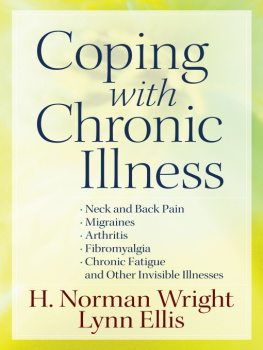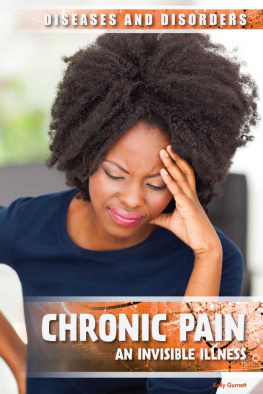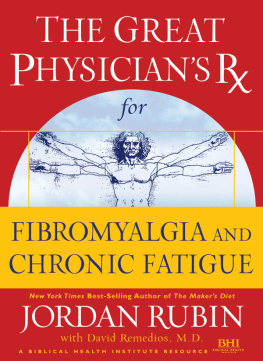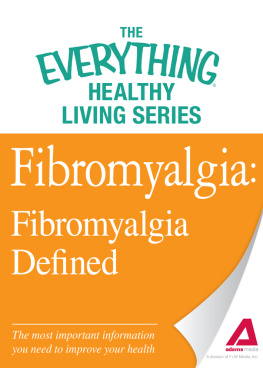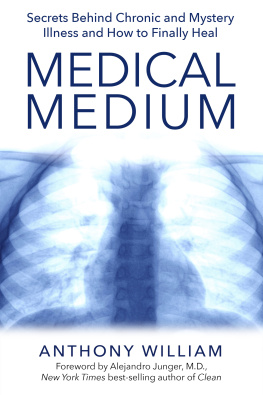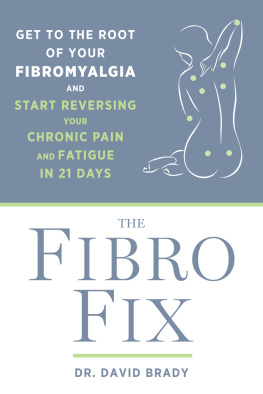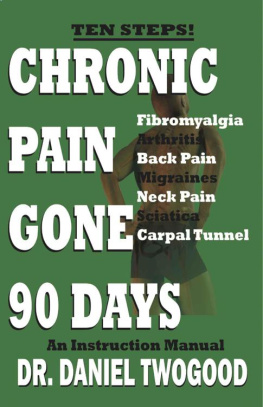
Unless otherwise indicated, Scripture quotations are taken from the HOLY BIBLE, NEW INTERNATIONAL VERSION. NIV. Copyright 1973, 1978, 1984 by Biblica, Inc. Used by permission of Zondervan. All rights reserved worldwide.
Verses marked AMP are taken from The Amplified Bible, Copyright 1954, 1958, 1962, 1964, 1965, 1987 by The Lockman Foundation. All rights reserved. Used by permission. (www.Lockman.org)
Verses marked NASB are taken from the New American Standard Bible, 1960, 1962, 1963, 1968, 1971, 1972, 1973, 1975, 1977, 1995 by The Lockman Foundation. Used by permission. (www.Lockman.org)
Verses marked NKJV are taken from the New King James Version. Copyright 1982 by Thomas Nelson, Inc. Used by permission. All rights reserved.
Verses marked TLB are taken from The Living Bible, Copyright 1971. Used by permission of Tyndale House Publishers, Inc., Wheaton, IL 60189 USA. All rights reserved.
Verses marked MSG are taken from The Message. Copyright by Eugene H. Peterson 1993, 1994, 1995, 1996, 2000, 2001, 2002. Used by permission of NavPress Publishing Group.
Verses marked NLT are taken from the Holy Bible, New Living Translation, copyright 1996, 2004. Used by permission of Tyndale House Publishers, Inc., Wheaton, IL 60189 USA. All rights reserved.
Harvest House Publishers has made every effort to trace the ownership of all quotes. In the event of a question arising from the use of a quote, we regret any error made and will be pleased to make the necessary correction in future editions of this book.
Cover by Dugan Design Group, Bloomington, Minnesota
ADVISORY
Readers are advised to consult with their physician or other medical practitioner before implementing the suggestions that follow.
This book is not intended to take the place of sound medical advice or to treat specific maladies. Neither the authors nor the publisher assumes any liability for possible adverse consequences as a result of the information contained herein.
COPING WITH CHRONIC ILLNESS
Copyright 2010 by H. Norman Wright and Lynn Ellis
Published by Harvest House Publishers
Eugene, Oregon 97402
www.harvesthousepublishers.com
Library of Congress Cataloging-in-Publication Data
Wright, H. Norman.
Coping with chronic illness / H. Norman Wright and Lynn Ellis.
p. cm.
Includes bibliographical references.
ISBN 978-0-7369-2706-2 (pbk.)
1. Chronic painPsychosomatic aspects. 2. Chronic painAlternative treatment. I. Ellis, Lynn. II. Title.
RB127.W75 2010
616.0472dc22
2009017211
All rights reserved. No part of this publication may be reproduced, stored in a retrieval system, or transmitted in any form or by any meanselectronic, mechanical, digital, photocopy, recording, or any otherexcept for brief quotations in printed reviews, without the prior permission of the publisher.
Printed in the United States of America
10 11 12 13 14 15 16 17 18 / VP-SK / 10 9 8 7 6 5 4 3 2 1
Contents
I f you suffer from chronic illnessor know someone who doesyou know how frustrating it can be. One day you feel relatively greatthe next day you can hardly move or get out of bed because of the pain. One minute youre straightening up the house or garage and the next instant youre exhausted. Whether youre a man or a woman; whether your pain is physical, mental, or emotional; whether your up times outweigh your down timesor vice versa, Coping with Chronic Illness will encourage you and provide some ideas and suggestions you may not have considered. Weve drawn on an extensive survey, a lot of conversations with chronic illness sufferers, Lynns experiences with chronic pain, and my (Norm) knowledge based on my life and from helping people through my counseling practice. Although we dont know your exact situation, we understand how hard life can be when it comes to chronic pain and frustrations.
The following life story is a composite of many that people have shared with us while we were researching for this book. Were sure youll be able to relate to many of the issues raised.

I am female, age 49. Before becoming ill, I was an information systems manager in Northern California for a group of five hospitals. When I became extremely ill, I first thought it was a bad case of stomach flu, but it didnt go away. After months of testing, I was diagnosed with chronic fatigue and immune dysfunction syndrome (CFIDS) and fibromyalgia. I managed to continue to work for three more months, until it became impossible. I went on short-term disability in the month of May.
I lost my job and career in July. A three-year relationship with my significant other also ended in July because of my illness.
I lost my home two years later in September after my savings ran out.
I had to leave my community in November. I moved to Idaho to live with my parents because, by that time, I was destitute.
At the beginning of my illness, the medical community told me there was nothing wrong with me. It took more than a year of continuing to see doctors and having tests done to get any diagnosis at all. Once a diagnosis was made, I endured accusations from the long-term disability insurance company that this was a bogus diagnosis, that there were no such ailments. After all the medical testing, after racking up thousands of dollars in debt, after losing my job, my home, my communityI was told there was no officially recognized illness as CFIDS, and there was nothing wrong!
There is no cure for CFIDS or fibromyalgia. On one hand, I was relieved to have a diagnosis and have proof through specific blood tests that my immune system wasnt functioning. I had tests that showed inflammation throughout my body. But there wasnt much that could be done to help me. On the other hand, I was furious that after everything Id been through, there were medical professionals who still insisted there was nothing wrong and CFIDS wasnt a real ailment.
On top of everything else, I was fighting with the Social Security disability people. My claim was denied. I appealed; it was denied, I appealed and soon I was so exhausted and ill it was difficult to leave the house.
My greatest struggles thus far have been the tremendous losses. When this all began, and for the first two years after diagnosis, I nearly lost my mind. I had gone from the job of my dreams, which Id worked 20 years to achieve, from buying my first home, from being respected in my field and my community, to losing everything. For the first couple of years, I seldom left my house. I was very isolated and suffered from situational depression. Side effects from the drugs I was prescribed made things worse. I felt total uncertainty over my future.
My parents, who had retired and settled in their home state, offered to take me in. They came and helped me pack, got me set up with a lawyer to wade through the Social Security mess, arranged for my home to be put on the market, and helped with all the things that needed to be done that I was too ill to take on.
I had been a workaholic my entire adult life. I truly believed my value as a human being was in my worth as an employee. I felt useless when I lost my career, especially when it became obvious I wasnt going to be able to work anymore. I remember my mom sitting me down, looking me squarely in the eye, and telling me I was a valuable human being just as I was. She didnt know why I was going through all this, but she assured me God had a plan that would be revealed. And until that time I needed to breathe in and breathe out over and over again if that was all I could do.
Next page
